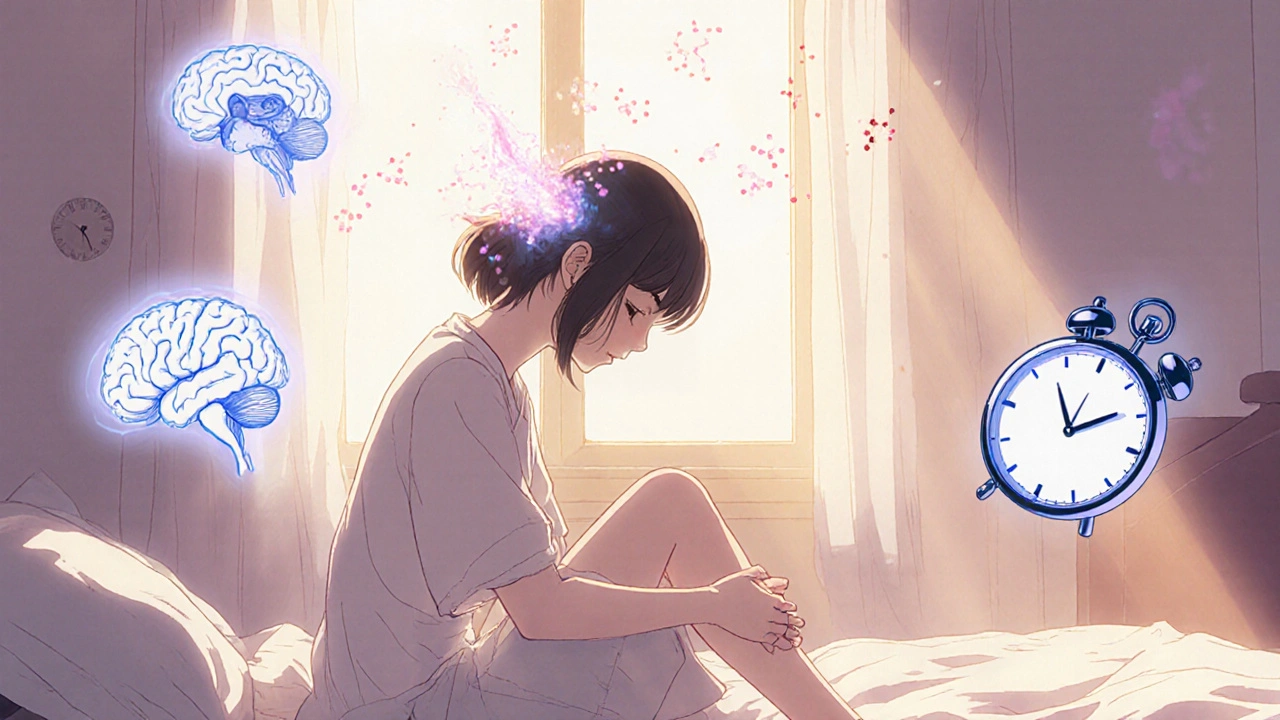Amenorrhea: Causes, Types, and What You Can Do About It
When your period doesn’t come when it should, it’s not just inconvenient—it can be a sign something deeper is going on. amenorrhea, the absence of menstrual periods. Also known as missing periods, it’s not a disease itself, but a symptom that points to hormonal imbalance, lifestyle factors, or underlying conditions. There are two main types: primary amenorrhea, when someone hasn’t started menstruating by age 15, and secondary amenorrhea, when periods stop for three months or more after having been regular. Both need attention, but they often have very different causes.
One of the most common triggers for secondary amenorrhea is stress—physical or emotional. If you’re running on empty, dieting too hard, or training intensely, your body may shut down reproduction to conserve energy. That’s why athletes, people with eating disorders, or those under chronic stress often stop getting their periods. Hormones like estrogen, progesterone, and prolactin are the main players here. Low estrogen? No period. High prolactin? Also no period. Thyroid problems, polycystic ovary syndrome (PCOS), and even certain medications can throw these hormones off balance. And yes, it’s not just about being "too thin"—people of all body types can experience this.
It’s easy to brush off missed periods as just "stress" or "getting older," but ignoring them can lead to bone loss, fertility issues, or hide something more serious like a pituitary tumor. If you’re under 40 and your period vanishes for no obvious reason, it’s time to check in with a doctor. Blood tests for hormone levels, pelvic ultrasounds, and sometimes MRI scans are standard next steps. The good news? Many cases of amenorrhea can be reversed once the root cause is found. Sometimes it’s as simple as gaining weight, reducing training load, or adjusting medication. Other times, it’s about treating an underlying condition like hypothyroidism or PCOS.
The posts below cover real-world connections between amenorrhea and other health topics you might not expect—like how sertraline and SSRIs can affect your cycle, why warfarin and blood thinners don’t directly cause missed periods but often come up in women with complex hormonal histories, and how vitamin C and selenium play roles in hormone balance and ovarian function. You’ll also find practical advice on tracking symptoms, talking to your doctor, and understanding when a missed period is a red flag versus a temporary hiccup. This isn’t about guessing—it’s about knowing what to look for and what steps actually help.

